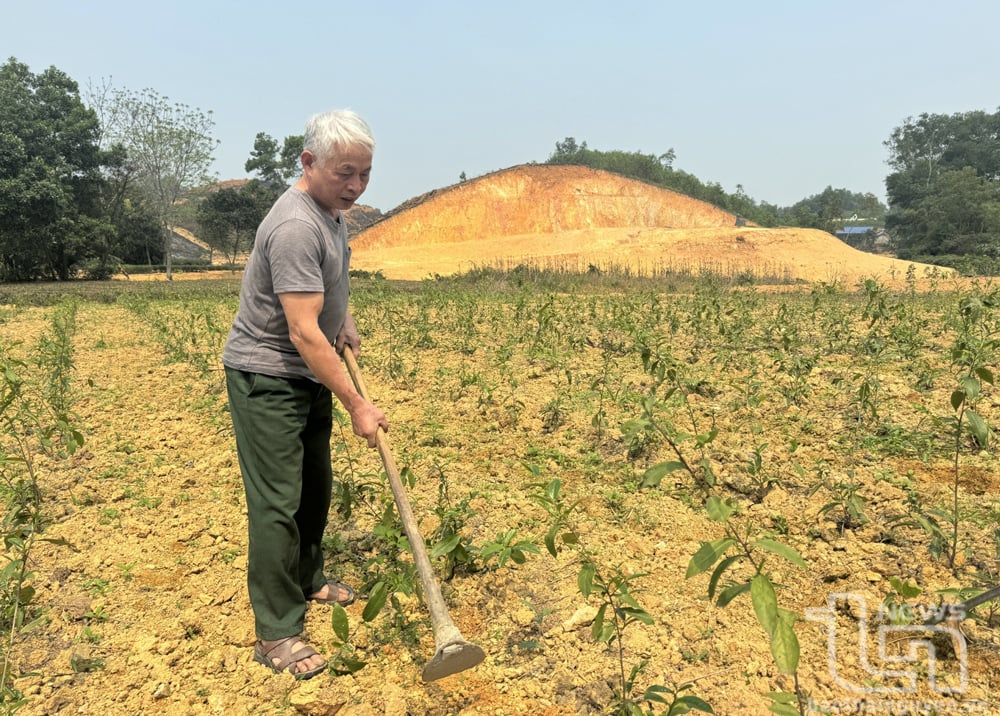 |
| Farmers in Luc Ba commune (Dai Tu) take care of newly planted tea fields. |
We meandered through concrete roads, through hills of young tea buds, green rice fields, and met Mr. Nguyen Quang Hai and his wife in Van Thanh hamlet, who were hoeing and sowing sesame seeds. He said: “When the land has enough water, my family grows rice, when the land lacks water, we grow sesame, and when there are crops, we grow potatoes, cassava, etc. If farmers let their land “rest,” they will starve, journalist!”
His witty remark made me unconsciously feel more deeply about land - the most important source of production for farmers, mainly providing them with a source of livelihood. That is why, passing through the hamlets of Binh Huong, Dong Mua, Dam Giao, Van Thanh, Thanh Lap... we did not see a single vacant plot of land.
High hills are covered with acacia trees, low hills are planted with tea, fields are planted with corn, rice, peanuts, sesame... Each season has its own crop, Luc Ba people invest in intensive farming, alternating crops, and improving soil rotation to increase the value of crops on the same hectare of land.
Meeting Mr. Duong Van Tai, Binh Huong hamlet, who was picking tea, knowing that we were journalists, he stopped and happily chatted: My family's economy mainly depends on more than 6 sao of tea. To ensure quality and increase prices, I take care of it according to VietGAP procedures. All the land in the house is covered with fruit trees and tea trees. Land is the most precious thing to us farmers. If we have land to increase production, our rice pot is always full, if we don't have land to produce, we have to work for hire, sometimes hungry, sometimes full.
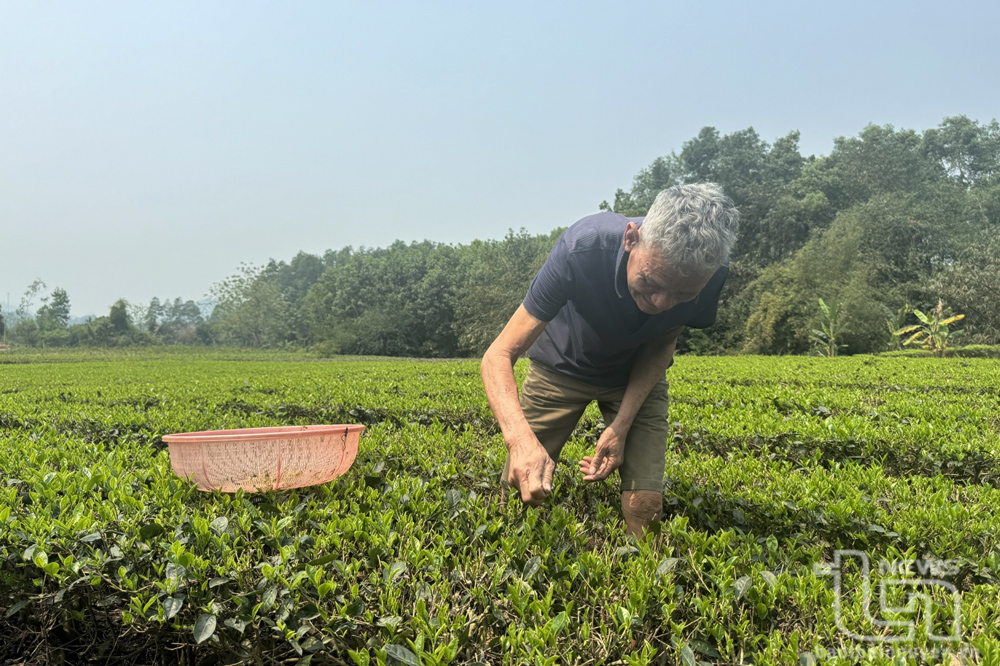 |
| Mr. Duong Van Tai (in Binh Huong hamlet, Luc Ba commune, Dai Tu) collects tea. |
As a farmer, everyone values land, but perhaps Luc Ba farmers understand more deeply the fundamental values that land brings, because many households used to live in semi-flooded areas, during the rainy season, it was difficult to even preserve their housing, let alone land for production. At night, they slept in fear of water flooding their beds and houses collapsing, and in the morning, they woke up to the heartbreaking sight of their fields submerged in a "sea of water".
Not to mention, the commune's terrain has many low and bumpy hills, so agricultural development faces many difficulties.
But in recent years, Luc Ba farmers have not only ensured local food sources but also risen to become rich by growing tea, fruit trees, and raising pigs, chickens... with a stable income of 100-200 million VND/year like the families of Mr. Tran Tien Dung and Dinh Anh Tuan... in Binh Huong hamlet.
With a total rice cultivation area of more than 140 hectares (2 crops) and more than 112 hectares of other crops planted with high-yield, high-quality varieties, cared for according to technical processes, the commune's real output has increased over the years, reaching more than 810 tons in 2024 alone, equal to 101% of the plan.
In addition, people focus on taking care of more than 310 hectares of tea, including more than 30 hectares of winter tea, yielding more than 3,800 tons, bringing in a significant income for tea-growing households. Mr. Duong Van Tai said: Money to raise children, build houses, buy motorbikes... also comes from the money from selling tea.
In the fields, Luc Ba people are diligent and hardworking all year round with rice, corn, potatoes, cassava...; in the barns, they also raise pigs, chickens, and breeding buffaloes... with numbers always exceeding the commune's targets, such as a herd of more than 240 buffaloes, reaching 121% of the plan; a herd of more than 2,000 pigs, reaching 168%; a herd of more than 56,000 poultry, equal to 101% of the plan... Thanks to being active in agricultural and forestry production, and developing livestock... Luc Ba commune has only 27 poor households, accounting for more than 2% of the total population in the commune.
With economic development, people have raised their awareness and responsibility in contributing human and material resources to build new rural areas, including the movement to widen 6m village roads.
Currently, the commune has poured concrete and cleared the land, widened the road corridor by nearly 4km/4.3km as planned. 100% of hamlets have achieved the cultural hamlet status. In 2024 alone, the commune has invested nearly 7 billion VND to repair classrooms, renovate and upgrade inter-commune roads. Currently, the commune has achieved 18/19 criteria for an advanced new rural commune.
“2025 is the final year of implementing the socio-economic development plan for the period 2021-2025, so there are decisive factors, thus requiring the Party Committee, government and people of Luc Ba commune to strive to take advantage of opportunities, overcome difficulties and successfully complete the set tasks and goals. We are determined to continue to effectively exploit resources and potentials for economic development. Promote the shift in crop structure, crop and livestock structure towards intensive farming, increasing value in a sustainable manner. In particular, focus on bringing high-quality rice varieties into production, such as J02, Du Huong 8, Syn98, HKT99, TH3-7..., encourage people to produce rice in the direction of VietGAP, organic; increase the area of growing high-value crops; focus on developing tea trees, the main economic tree of the commune, propagate and encourage people to develop OCOP products... Strive "Building a commune that meets advanced new rural standards in the second quarter of 2025" - Comrade Tran Duc Tuan, Chairman of Luc Ba Commune People's Committee, shared with us.
Leaving Luc Ba as the sun began to set, we saw farmers leisurely returning home after working in the fields. The countryside scene was so peaceful.
Source: https://baothainguyen.vn/kinh-te/202504/nong-dan-luc-ba-khong-cho-dat-nghi-8382ba8/


![[Photo] Unique folk games at Chuong Village Festival](https://vstatic.vietnam.vn/vietnam/resource/IMAGE/2025/4/10/cff805a06fdd443b9474c017f98075a4)



![[Photo] Prime Minister Pham Minh Chinh chairs meeting to discuss tax solutions for Vietnam's import and export goods](https://vstatic.vietnam.vn/vietnam/resource/IMAGE/2025/4/10/19b9ed81ca2940b79fb8a0b9ccef539a)
![[Photo] Phuc Tho mulberry season – Sweet fruit from green agriculture](https://vstatic.vietnam.vn/vietnam/resource/IMAGE/2025/4/10/1710a51d63c84a5a92de1b9b4caaf3e5)
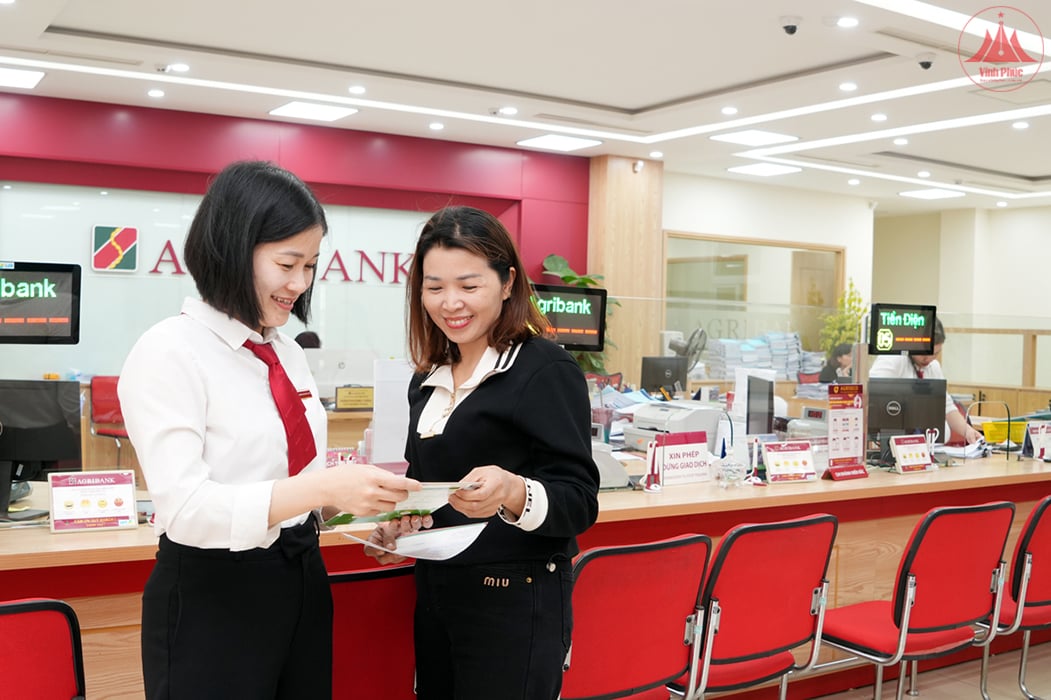
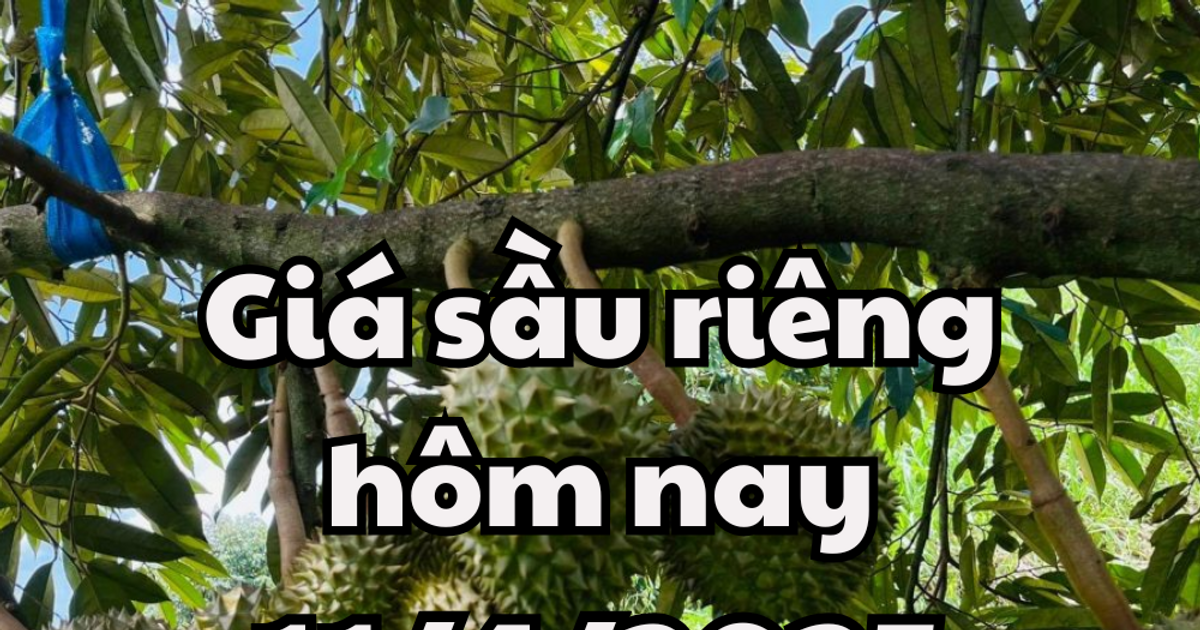

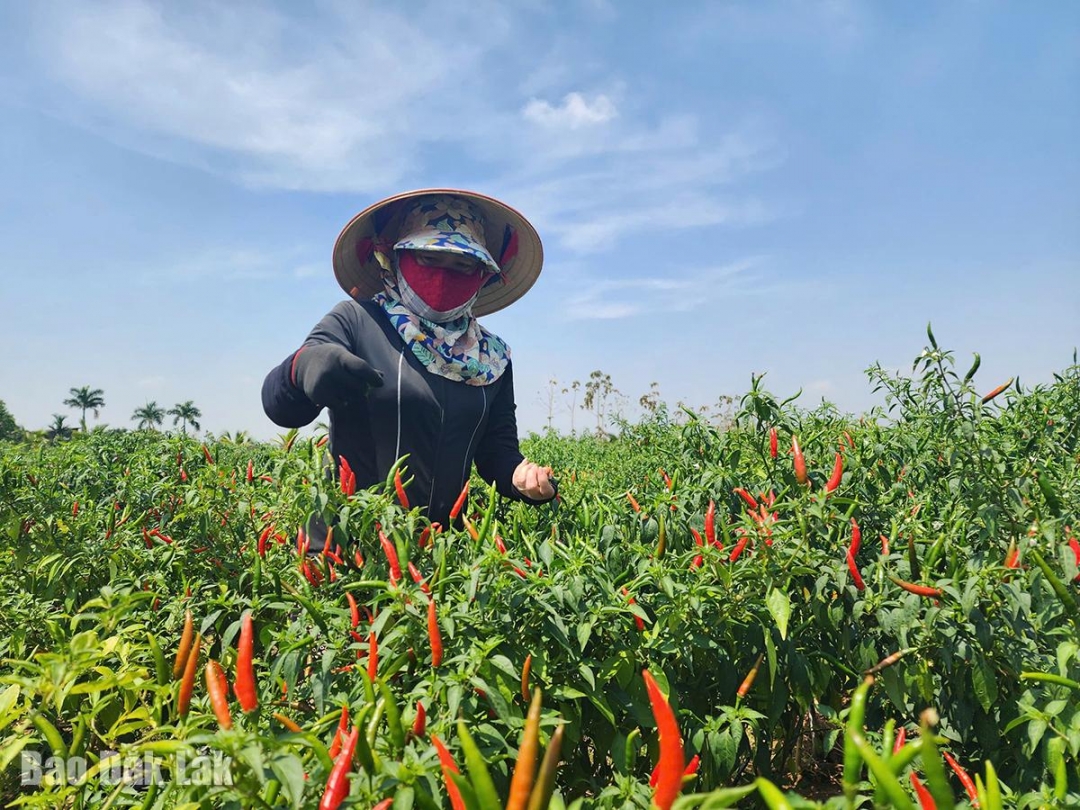

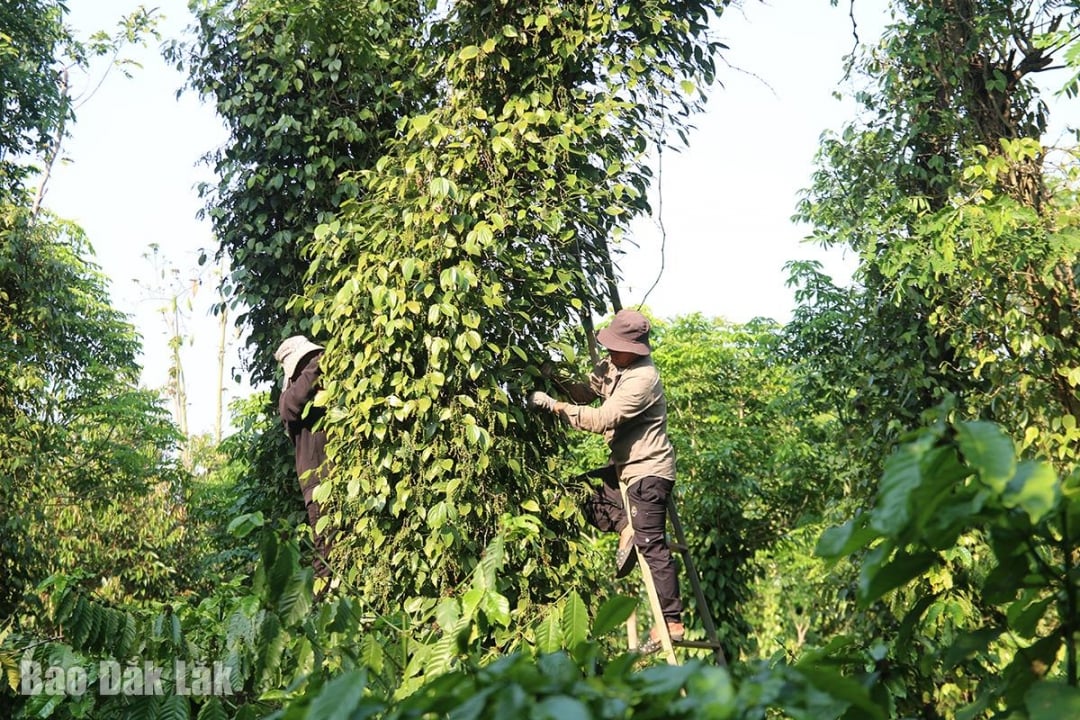




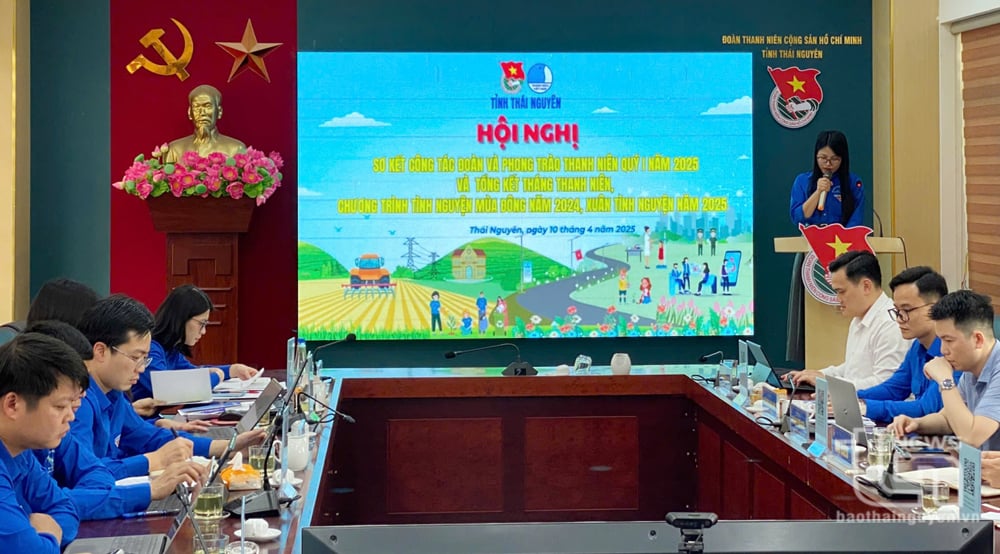
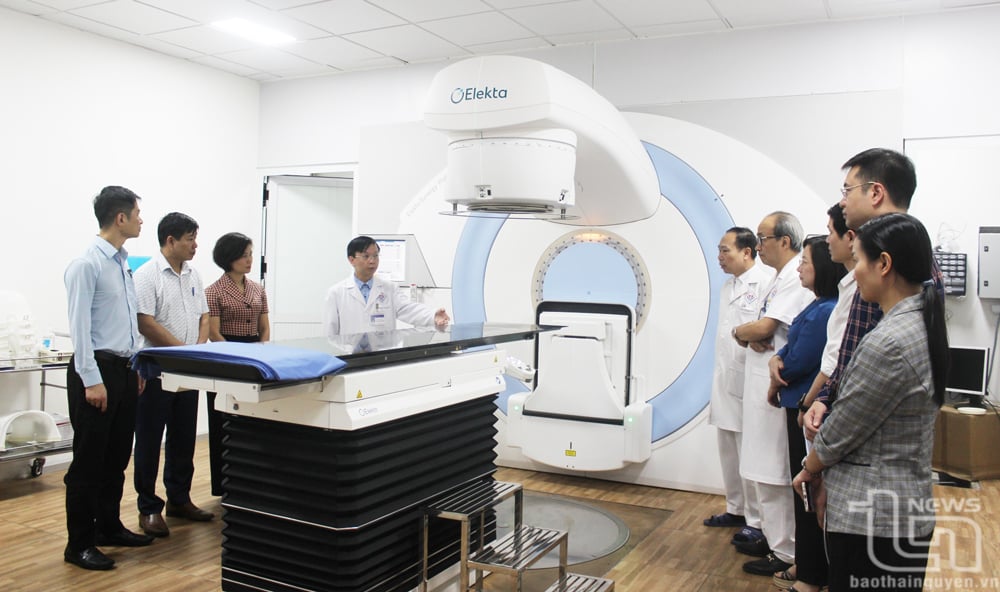


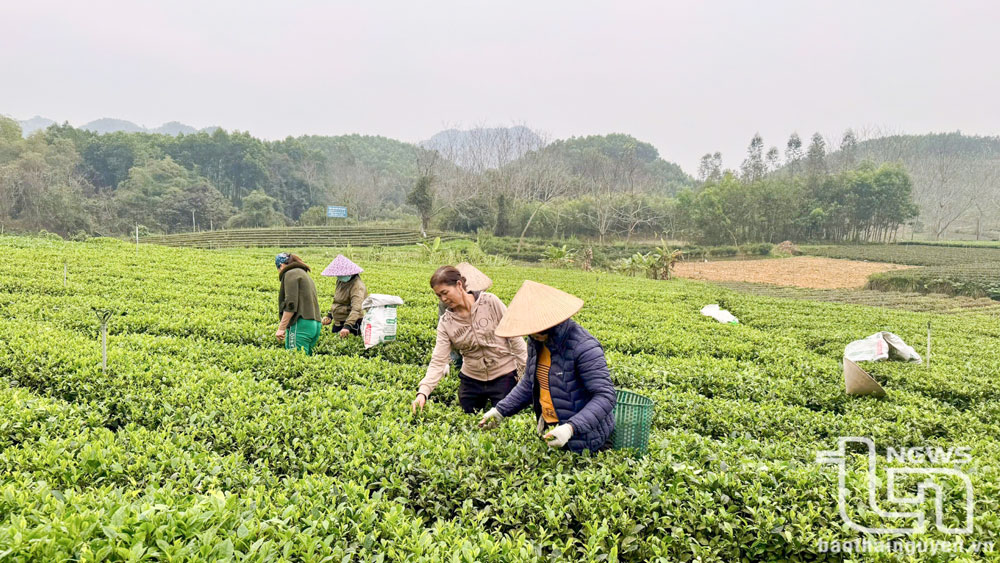
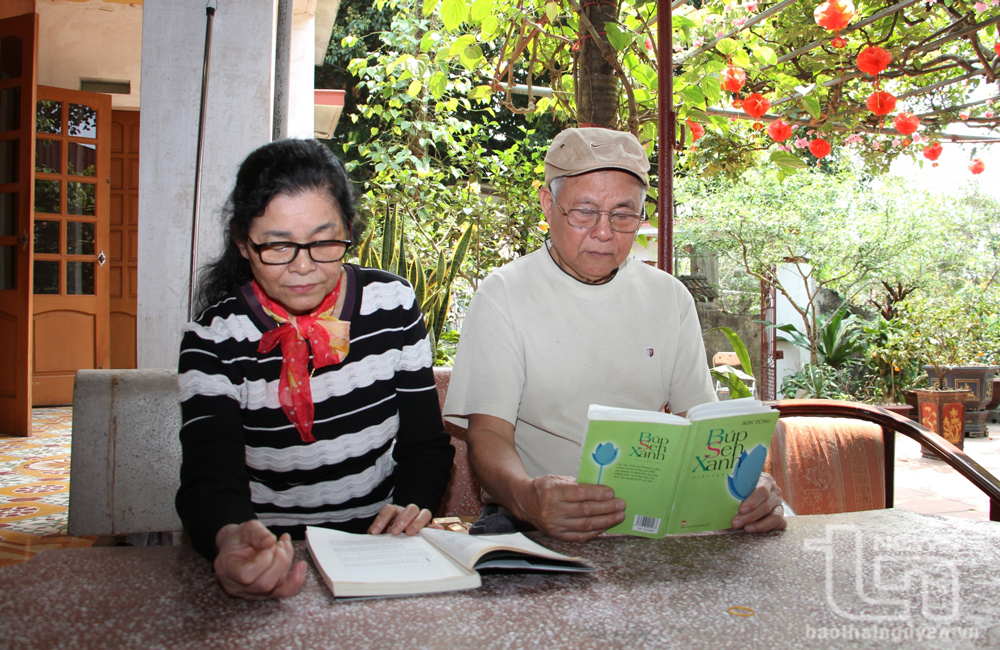




















































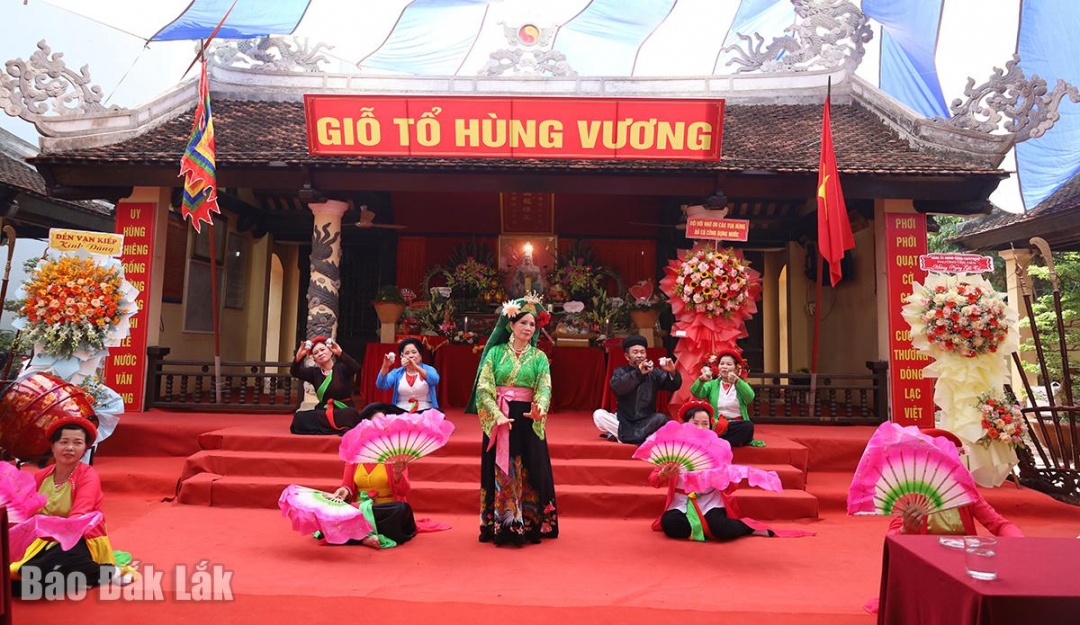

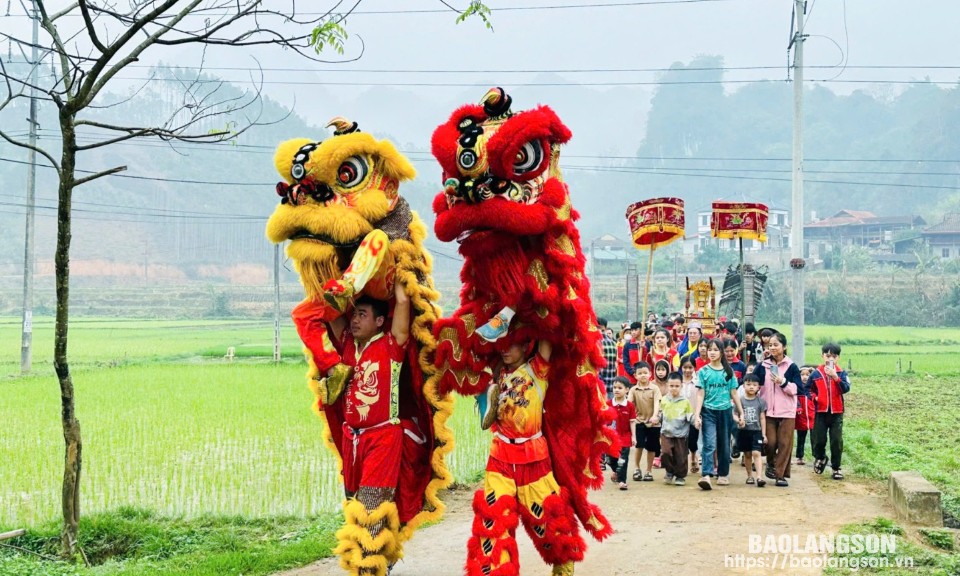

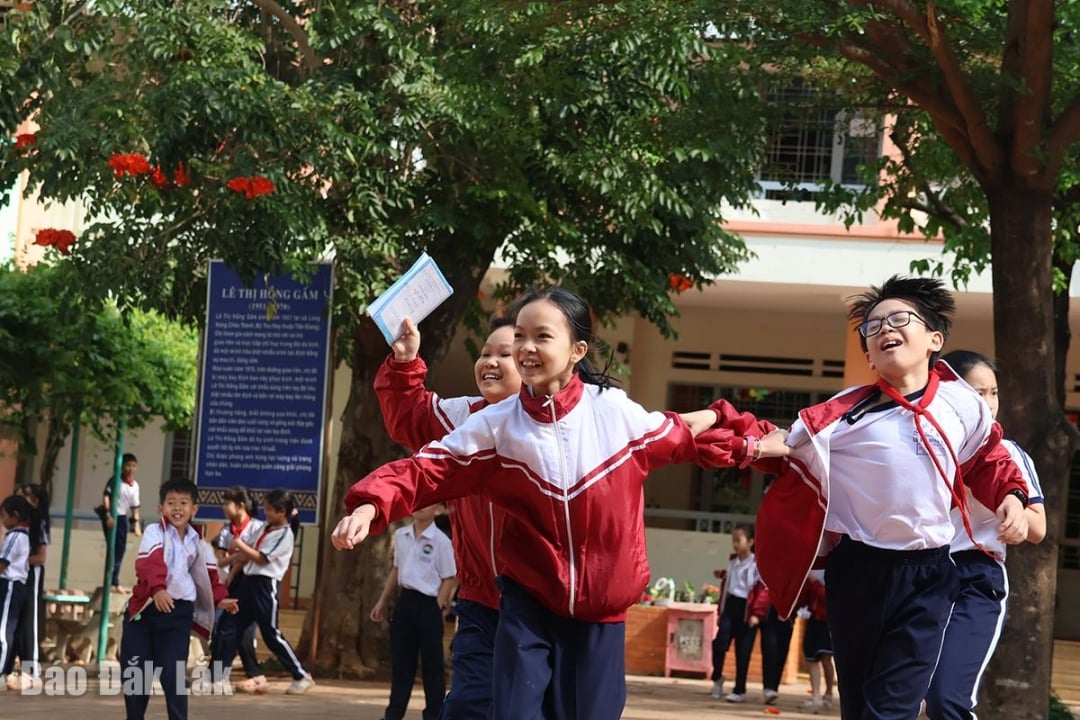
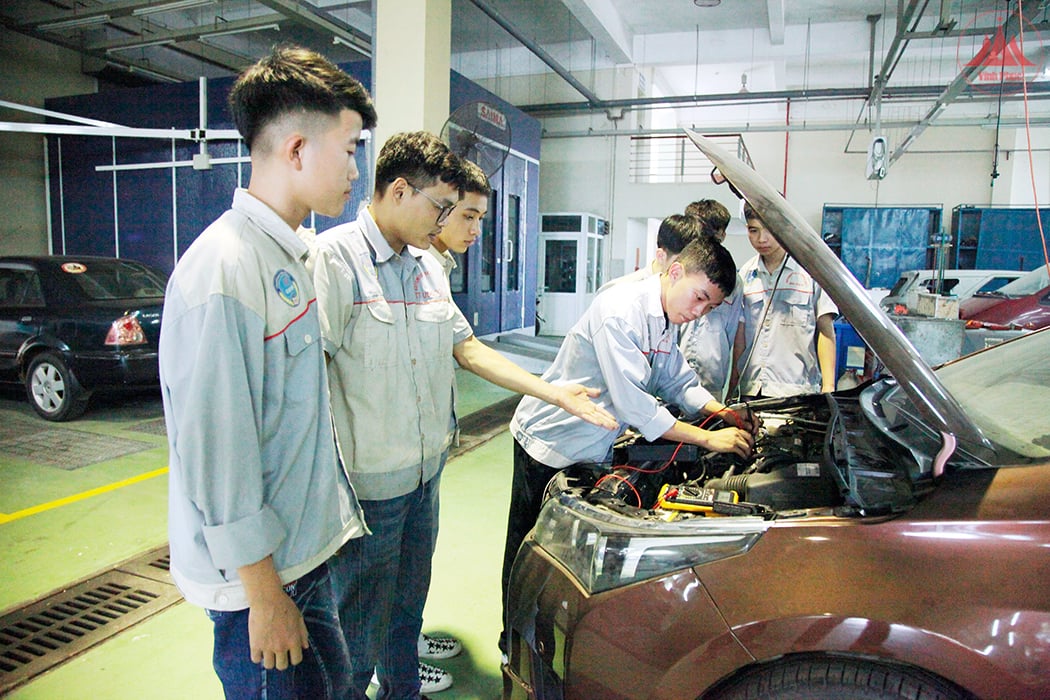

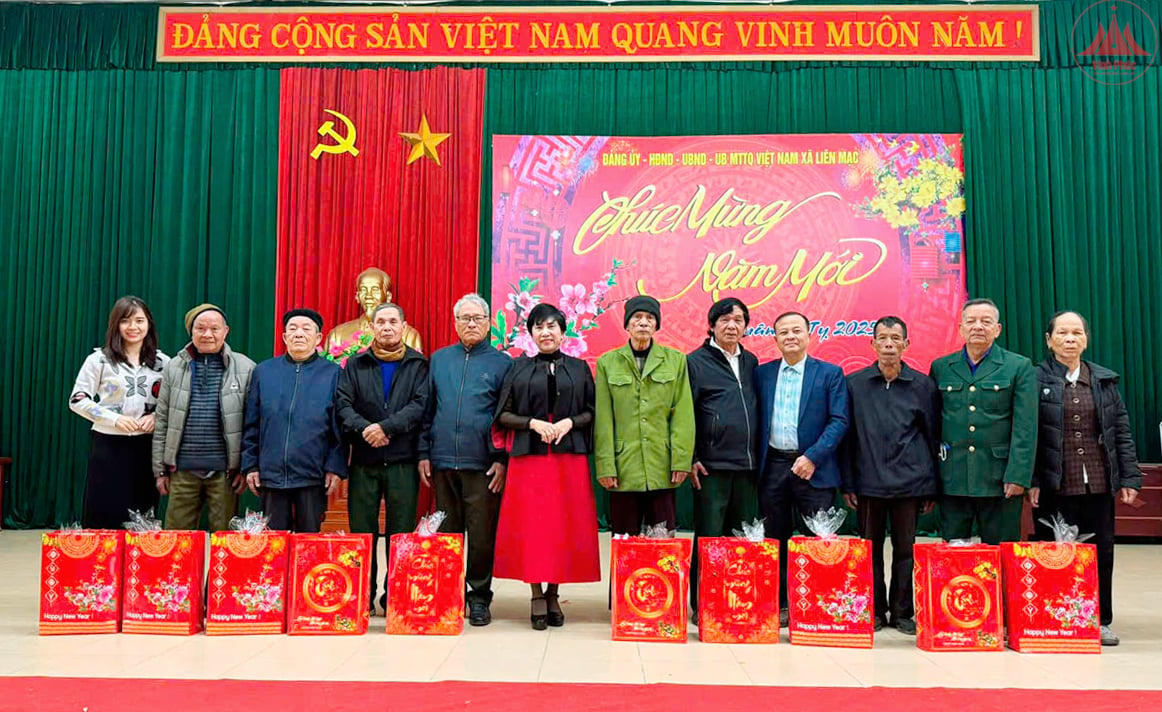








Comment (0)